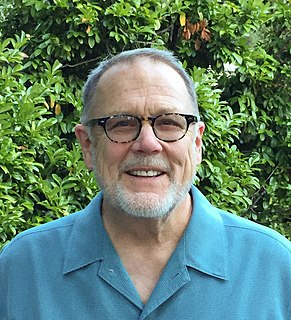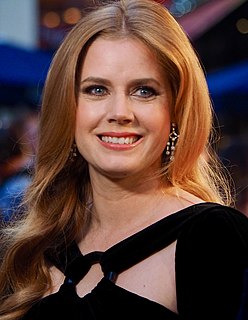A Quote by Salman Rushdie
It's so disappointing, to put it mildly, that people know so much about my life. Because it means that they're always trying to look at my books in terms of my life.
Related Quotes
I'm not trying to say I accomplished nothing, I'm just trying to say that at this point in my life, I don't want to look at what I've accomplished and hold it like it's my trophy. I've got so much more to do; I don't want to put that gold medal around my neck yet. When I accomplish ten times what I've accomplished already, I'll start thinking about that. But a better way to put it is I kind of forget about it. I do it and I forget about it. And I just work.
Home to me is the world because my books have been translated into more than 30 languages. People feel they know me and the minute they talk about my life or books I feel at home. Home is where you are appreciated, safe and protected, creative, and where you are loved – not where you are put in prison.
The public interest always surprises me. I come to work in these rooms with no windows. At night I go home. I just live my life. I guess I just don't think much about whether people are going to watch. Most of my friends don't know much about what I do, and we don't talk about it. I have a different life away from work. Which is fine, because my work can get pretty intense.
You know, the standard state for people is 'mildly pleasant.' Negative emotions are quite rare, and extremely positive emotions are rare. But people are mildly pleased most of the time, they're mildly tired a lot of the time, and they wish they were somewhere else a substantial part of the time - but mostly they're mildly pleased.
I didn't feel that so much as an outsider when I started writing; I've felt that way all my life. I don't know, man; I guess I was just wired wrong. When I was growing up, I always wanted to be somebody else and live somewhere else. I've always felt a little uncomfortable around people. And I'm not trying to romanticize this, because it wasn't romantic. I wasn't trying to be a rebel; I just always felt a little out of it. I think that's why it's pretty easy for me to identify with people living on the margins.
In my work, you get used to criticisms. Of course you do, because there are a lot of people trying to get you down, but I always cheer up immensely if one is particularly wounding because I think well, if they attack one personally, it means they have not a single political argument left. That is why my father always taught me: never worry about anyone who attacks you personally; it means their arguments carry no weight and they know it.
I've spent most of my life in L.A. and I'm still amazed at things that I don't know about the place. There are a lot of places I've never been to yet and I may never even make it. There's so much here and there's so much of a variety in terms of culture now. It's amazing. It's all here in one big city. In a lot of ways, the city is unique in the world because it's hard to find another city that has the diversity and range. It's a microcosmic planet, if you look at it that way. And in that sense, it's very much an experimental city.
Another problem about writing about politics in the "age of globalization" is that so much of the violence in the form of war and also in the forms of institutional violence - sweatshops, child labor, victimization of people economically - happens elsewhere and out of sight. And when we do know about it and need to witness it, it's always mediated by images of one kind or another, so you're kind of stuck trying to write about what it's like trying to be you living your life thinking about and experiencing this stuff in that way.







































